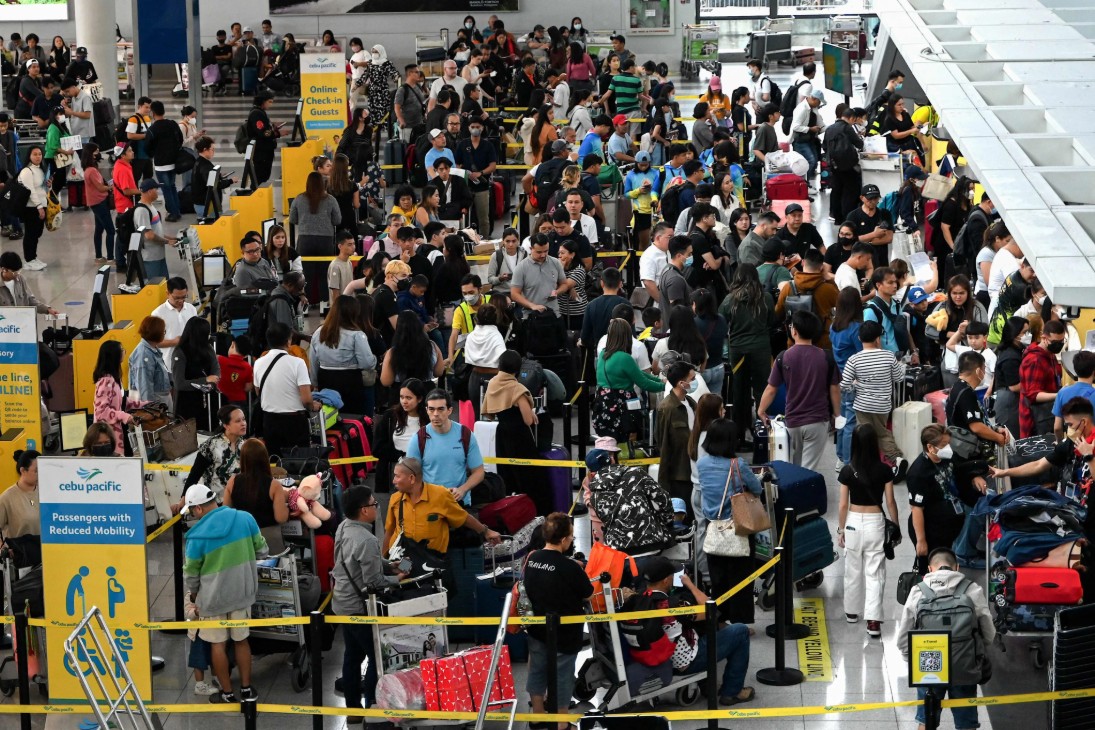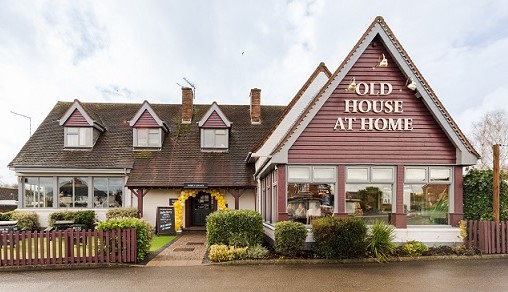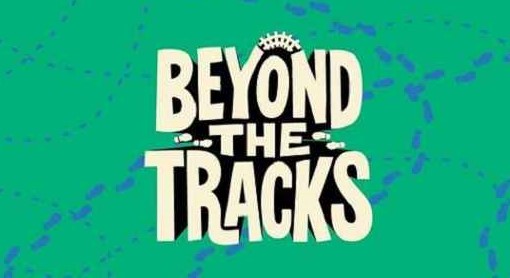Exactly half of Brits will return a child’s lost teddy bear, according to a social experiment recently conducted in towns and cities throughout the UK. 500 teddy bears were intentionally lost in 25 major towns and cities, each in a different location, such as a café, gym or park bench, between May to June this year. All had nametags with a child’s name and contact number, to see which places and type of person were most likely to return a lost bear.
Residents in York were the most caring - with 75 percent of the bears lost in the city being returned. Witney, a small town in Oxfordshire, was close behind - 14 out of a possible 20 bears were returned. Teddy bears lost in Manchester were third most likely to be returned, as 13 people came forward from the city to reunite the bears with their owners. The cities least likely to return a lost teddy bear were Bristol, Wolverhampton and Oxford.
The research commissioned by My Nametags, a British manufacturer of nametags, found that 68 percent of the bears returned were given back by members of the public within 24 hours of being lost. Items that were lost for more than four days had a less than 1 percent chance of being reunited with their owner.
Richard Wiseman, a Professor of the Public Understanding of Psychology at the University of Hertfordshire, said: “The research shows that people carry out acts of kindness when they feel some kind of empathy for others. When people see a lost bear they are likely to think that it may be have been dropped by a child, who is now frantically searching for the bear. This effect is applied by the bear having a nametag - It is no longer just a bear - now it has an identity and is even more likely to produce feelings of empathy.
“Some studies have shown that just touching a bear can increase the likelihood of people helping others. In one experiment students who simply hugged a bear were far more likely to co-operate with their fellow students. So, overall, the bear and the nametag produce the optimum conditions for empathy and resulted in the high percentage of returned bears.”
The research revealed that women were the most likely to call to reunite the lost bear. In fact, 64 percent of those who called were women, while 36 percent were men.
Good Samaritans were most likely to be called Tom or Sarah – followed by Tim, Mike, Samantha and Emma.
Teddy bears lost in the experiment pulled at the heartstrings of those aged between 21 and 30, as almost 40 percent of the heroes who returned the bears were between this age range. Those aged between 50 and 80 made up for 33 percent of those who called to return the bears.
Lars Andersen, Managing Director of My Nametags, who commissioned the research, said: “We were amazed with the number of teddy bears that came back to us. The research really shows how caring we are as a nation. Many of those who called up to return the lost bears said they had done so because they had been in a similar position before, having lost a treasured item. Luckily, as the bears had nametags, it had been easy for them to be returned.”
Bears lost in cafés and coffee shops were revealed by the research to be in most luck when it comes to being reunited with their owners – 85 percent were found and returned. Supermarkets and shopping centres also had a high return rate of up to 70 percent. Those lost in churches and parks were least likely to be returned.
Lars Andersen continued: “The average person loses over 3,000 items in a lifetime, and while this often can’t be helped, the experiment just shows that by putting nametags on your most treasured items, you’re giving yourself a 50 percent chance that it will be returned by a caring member of the public. We thank all these kind people that took part in the study and urge anyone who finds a lost item with a nametag to try and reunite it with their owner. You never know just how important it might be to them.”
















